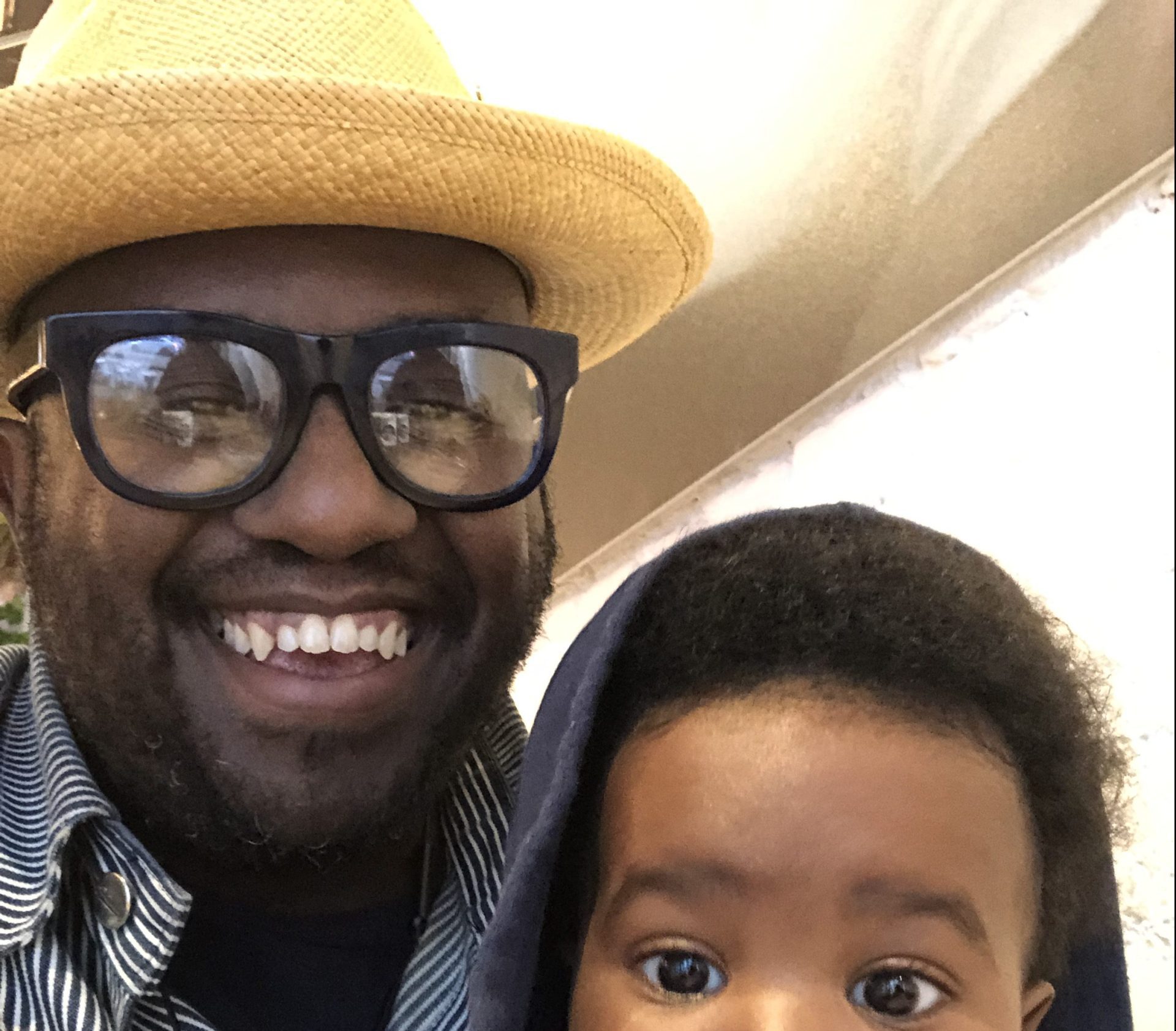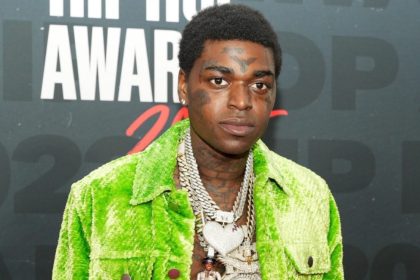The evolution of professional athletes showing their family side continues to resonate with fans who remember when displays of emotion were less common in sports. Philadelphia Eagles running back Saquon Barkley recently demonstrated this cultural shift in a touching sideline moment that has captured widespread attention.
Family first: A new generation of athlete fathers
Following the Eagles’ decisive victory over the Carolina Panthers on Dec. 7, Barkley demonstrated that his most important team waits for him after every game. The moment unfolded naturally as his children, Saquon Jr. and Jada, rushed to greet their father on the sidelines, accompanied by their mother, Anna Congdon.
The scene painted a picture familiar to many who have balanced career success with family life. Barkley, still in his game uniform, took time to connect individually with each family member — a gesture that resonated with parents who understand the importance of being present despite demanding careers.
Breaking generational cycles
For many who grew up in the ’80s and ’90s, the sight of professional athletes openly expressing affection and prioritizing family time represents a significant shift from previous generations. Barkley’s genuine interaction with his children — particularly his gentle response to his daughter’s handmade sign — exemplifies the kind of father-child relationship many wished they had experienced in their own youth.
The running back’s display of vulnerability and emotional availability challenges outdated notions of masculinity, especially in professional sports. His actions reflect a broader cultural movement where successful men are increasingly comfortable showing their nurturing side.
Beyond the field: Redefining success
While Barkley’s athletic achievements are impressive, his commitment to family life has sparked meaningful discussions about success beyond sports statistics. His story connects with professionals who understand that true legacy isn’t measured solely by career accomplishments but by the impact made on family and community.
The relationship between Barkley and Congdon, which began during their time at Pennsylvania State University — known as Penn State — in 2017, has weathered the pressures of professional sports and public scrutiny. Their stability provides an example of a partnership built on mutual respect and shared values.
Creating new narratives
Social media reactions to the family moment revealed complex layers of cultural discourse. While some comments focused on superficial aspects of the family’s appearance, others celebrated seeing a professional athlete fully embracing fatherhood. The varied responses highlight ongoing conversations about representation, relationships and family dynamics in contemporary society.
Those who grew up watching sports in previous decades note how refreshing it is to see athletes like Barkley normalize involved fatherhood. His actions resonate particularly with those who remember when displays of affection were often viewed as signs of weakness in professional sports.
The viral moment serves as more than just a heartwarming scene; it represents a broader shift in how society views masculinity, success and family values. For a generation that witnessed the evolution of these perspectives, Barkley’s actions validate their own choices to prioritize family alongside career achievements.
Setting new standards
Barkley’s story challenges outdated narratives about professional athletes and family life. His genuine displays of affection and commitment to being present for his children set a powerful example for future generations. The viral moment captures more than just a father greeting his family; it documents the ongoing transformation of cultural expectations around parenthood, masculinity and success.
For those who came of age during the cultural shifts of the late 20th century, Barkley’s approach to family life represents progress worth celebrating. His story reminds us that while athletic achievements make headlines, it’s the quiet moments of connection that truly define a legacy.
As professional sports continue to evolve, moments like these contribute to a broader cultural conversation about what it means to be successful both on and off the field. Barkley’s example suggests that the strongest plays aren’t always made during the game. Sometimes they happen on the sidelines, in the precious moments shared with family.

















